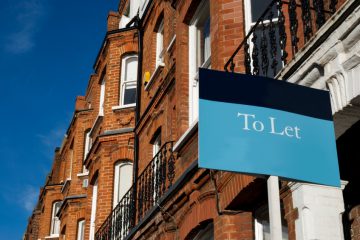Majority of tenants pleased with current landlord
An encouraging survey has revealed that the vast majority of private rented sector tenants are satisfied with their landlord.
According to the research by Paragon Mortgages, 81% of UK tenants are pleased with their landlord, with 70% also saying that they felt their rent offered value for money.[1]
Homely
82% of people respondents to the survey also said that they felt that their rental property was their home, with 35% also saying that they expect to stay in the private rental sector for the forseeable future.[1]
However, the report also revealed that 12% of tenants would be uncomfortable when asking their landlord to extend their tenancy agreement and 6% said they had already asked for an extension and were refused.
57% of respondents said that they were happy with the length of their existing tenancy, with 17% saying they had were successful when asking for a longer term.[1]
Standards
John Heron, Director of Mortgages at Paragon, said that, ‘the research is really interesting. It is important that we understand the world from the tenant’s viewpoint so we can continue to deliver products that support better standards in the private rented sector.’[1]
‘There has been a lot of noise around the need for longer term tenancies for some time and I think there is a common misconception that landlords are not willing to be flexible in the tenancies they offer,’ he continued. ‘Our landlord research demonstrates that many are more than willing to extend terms and in 71% of cases, it was the tenant who chose to end the tenancy and not the landlord,’ he added.[1]
Concluding, Heron said that, ‘we are big supporters of offering longer term tenancies and we were one of the first buy to let lenders to announce we would support the Government’s new model lease and allow landlords to offer 36 months tenancies to those tenants who need that extra security, as we believe this is our social responsibility.’[1]
[1] http://www.propertywire.com/news/europe/uk-tenants-landlord-survey-2015061510630.html











